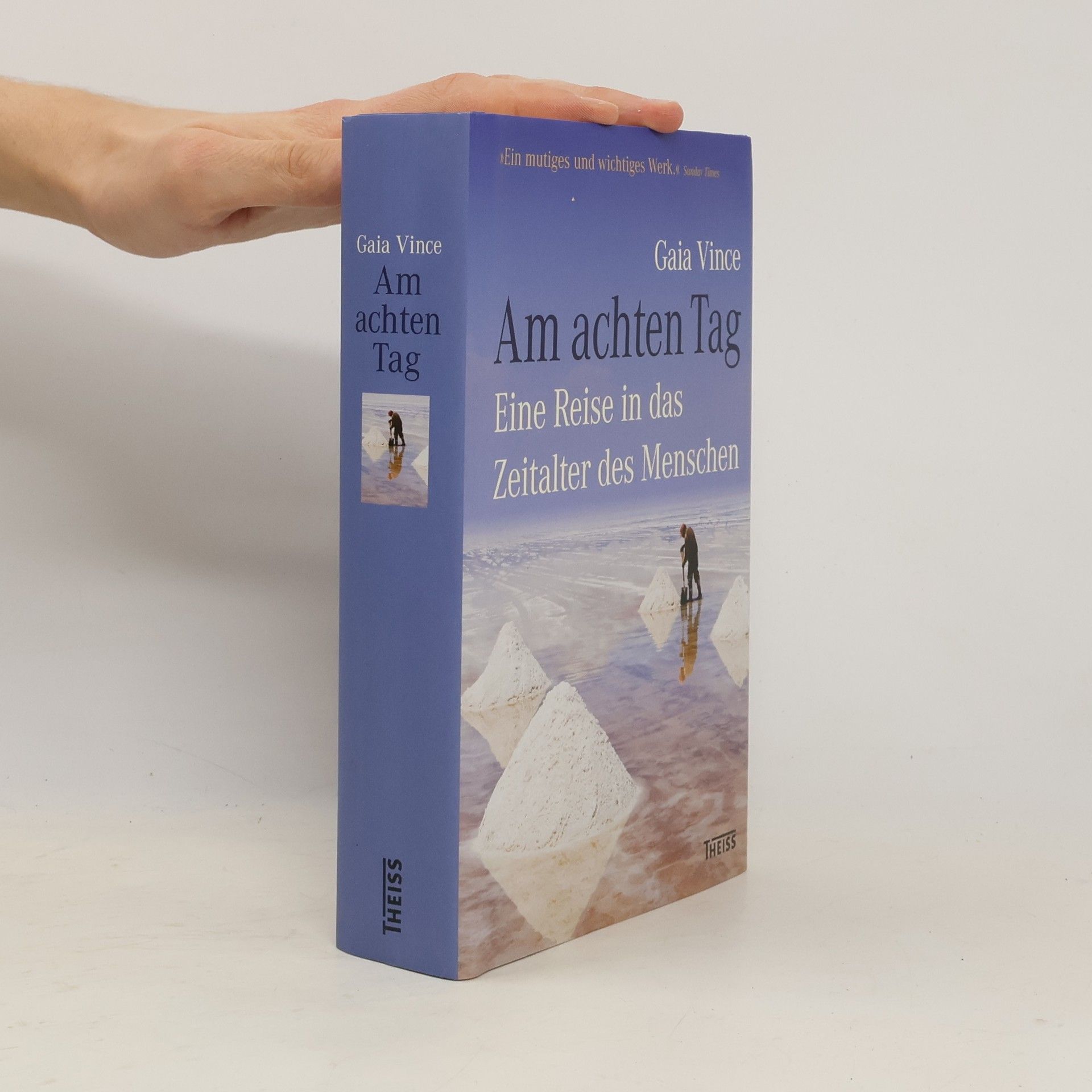Das nomadische Jahrhundert
Wie die Klima-Migration unsere Welt verändern wird | Vince bietet einen realistischen Blick auf Migration als Antwort auf Umweltveränderungen und die damit verbundenen Chancen. Ein Aufruf zur globalen Kooperation.
Waldbrände und Wirbelstürme verursachen zunehmend Verwüstung, während Regenfälle verheerende Fluten auslösen und Dürregebiete unfruchtbar werden. Der Klimawandel ist allgegenwärtig, was in den letzten zehn Jahren zu einer Verdopplung der weltweiten Migration geführt hat. In den kommenden Jahrzehnten werden Milliarden von Menschen aus ihrer Heimat vertrieben. Die preisgekrönte Journalistin Gaia Vince untersucht, wie Klimamigration unsere Nahrungsmittelversorgung, Städte und Politik beeinflussen wird und bietet dringend benötigte Antworten. Ihr Werk ist aufwendig recherchiert, brillant geschrieben und vereint erschreckende sowie hoffnungsvolle Aspekte. Es thematisiert den Klimanotstand und Migration, die jeden von uns betreffen werden. Die Autorin liefert Fakten, Lösungen und Optimismus. Bill Bryson bezeichnet sie als eine der besten Wissenschaftsautorinnen, während die Financial Times das Buch als Pflichtlektüre für das Überleben der Menschheit lobt. Vince hinterlässt den Leser mit mehr als nur einem Funken Hoffnung und bietet eine mitfühlende Erklärung der Unvermeidbarkeit von Migration. Ihr Werk ist eine unverzichtbare Lektüre zu einem lebenswichtigen Thema.




